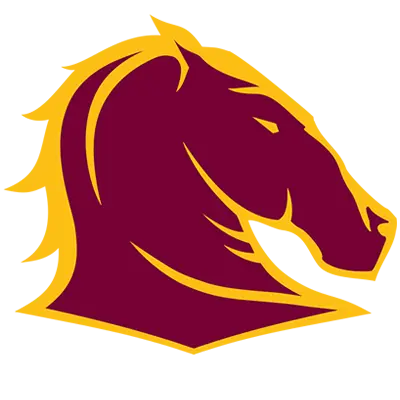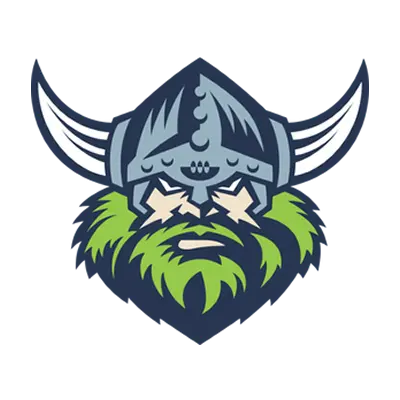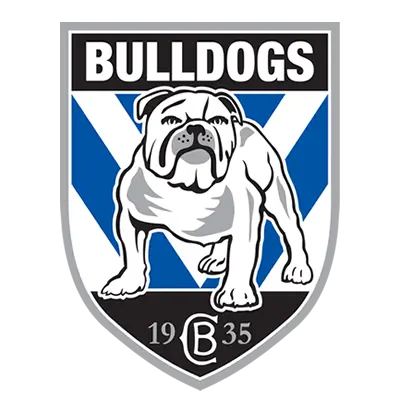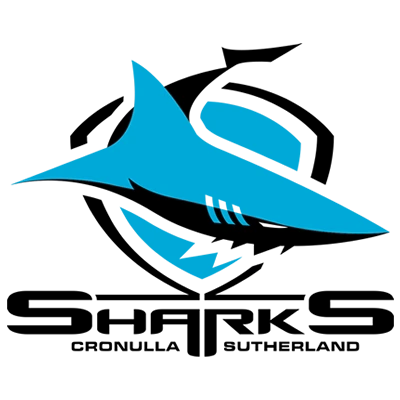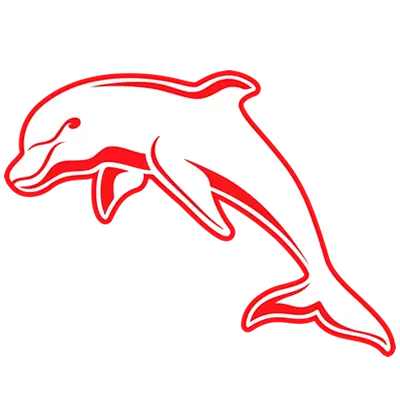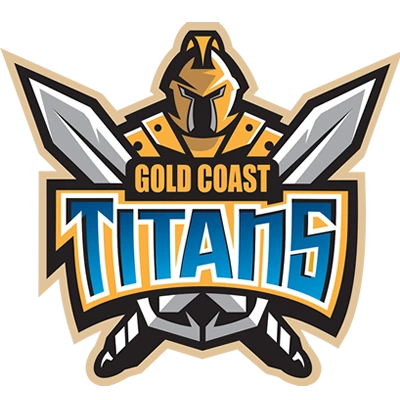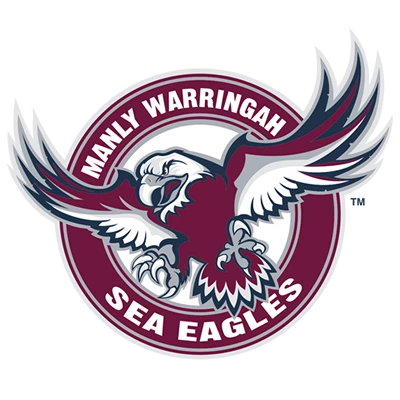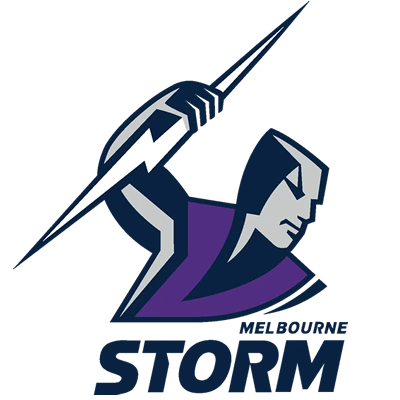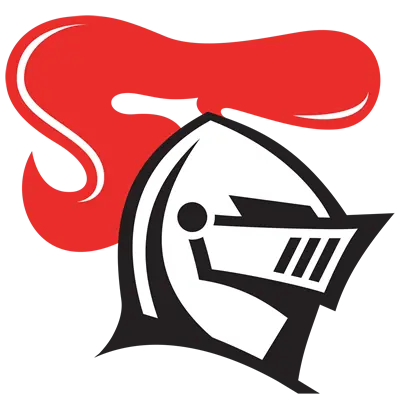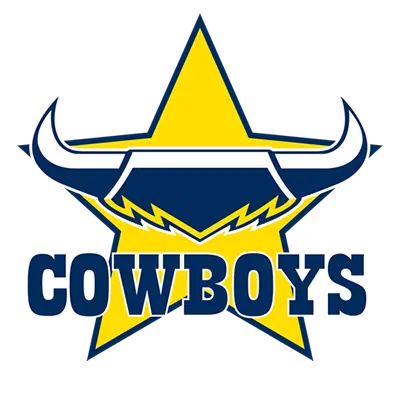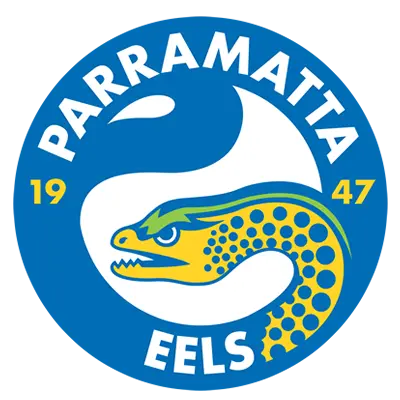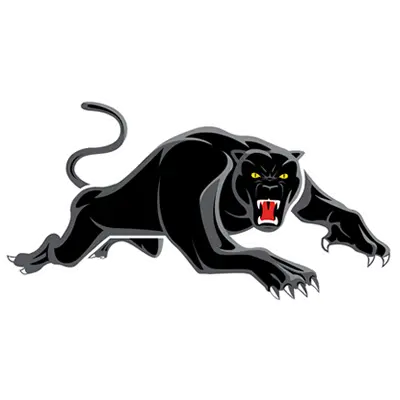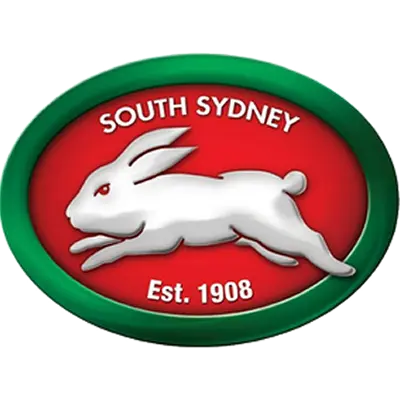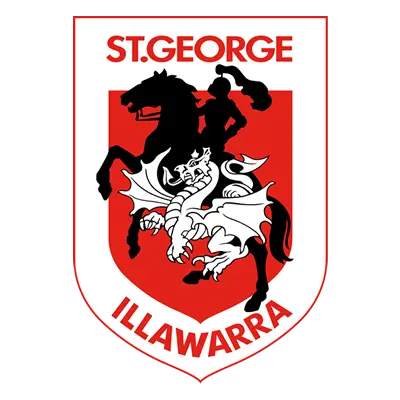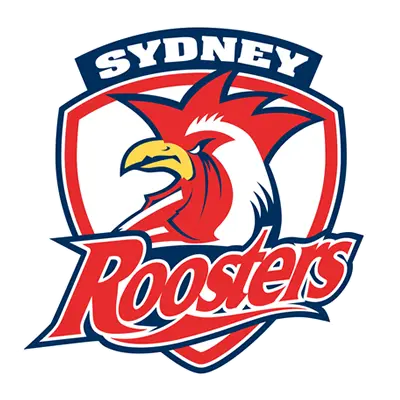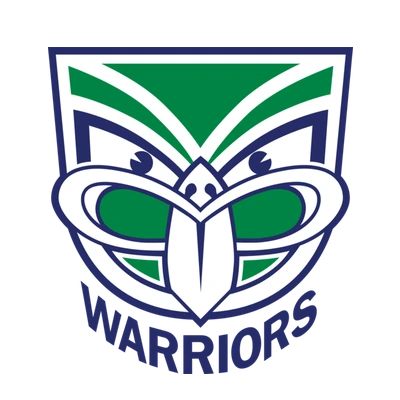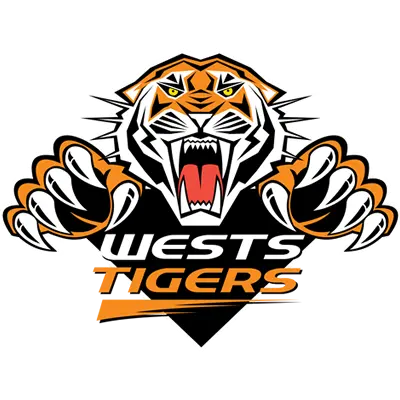Good article from today’s paper and great read about DCE learning a lot from Joel. Worth a read.
Manly star Daly Cherry-Evans says he was happy celebrating Australia Day and didn’t understand the opposition to the National Anthem until an eye-opening conversation with Indigenous teammate Joel Thompson.
Jamie Pandaram, The Daily Telegraph
Subscriber only
|
July 28, 2020
It was after a conversation with Manly teammate Joel Thompson that Daly Cherry-Evans finally understood why so many Indigenous Australians refuse to sing the national anthem.
And now the NRL superstar is urging all Australians to have “uncomfortable conversations” with the nation’s first peoples to get their views, in the belief that, like him, they may begin to support those who boycott it.

“I think a lot of people don’t know and don’t want to know, they’re scared to educate themselves and scared to hear about what really has happened and how Indigenous people feel,” Cherry-Evans said.
“Until you make yourself a bit uncomfortable, put yourself in a different comfort zone, it’s not until then that you’re going to realise there is more than one way to understand what’s happened.
“I feel like the first step is getting out of your comfort zone and asking questions, picking up the phone and talking to someone you’re friends with, have a look at your phone and find out about Indigenous history.

Discussions with teammate Joel Thompson have helped Daly Cherry-Evans learn about Indigenous culture. Picture: Brett Costello
“It’s not until you actively start to ask people, in particular teammates, that you start to understand that it is still around you.
“I picked Joel’s brain about Australia Day, the national anthem, got a little insight into his opinion.
“For me it’s easy to celebrate Australia Day and be none the wiser as to how it’s all come about. There’s a lot there, a lot of deep issues, now is a good time to be talking about it.
FROM OUR PARTNERS



For razor sharp political analysis. Watch Credlin 6pm Weeknights, Sky News. For more
“I do want to be more educated on those things, one example is the national anthem and an Indigenous person choosing not to sing it at sporting events.
“I do support players doing that, I’ve got no problem with it, because if they feel strongly that the anthem doesn’t represent the country they live in and the heritage they’re from we’ve got to understand what impact that has on certain people when we sing that song.
“There are a lot of white Australians who sympathise with them and if they can help, want to put their hand up.”
On the eve of the NRL’s Indigenous Round, Cherry-Evans and Thompson are spreading a message of unity through acknowledgment of past misdeeds against Australia’s native people.
Even Thompson, whose Aboriginal mother fell pregnant to a white farmer at a young age, has had a transformative journey understanding his own identity.
“My identity growing up was always challenged, I either wasn’t black enough or white enough,” Thompson said.
“As I got older and matured, having conversations with my nan, I was brought up to be proud.
“I’d be around conversations where people who didn’t know my background would be talking bad about Aboriginal people, and I’d have to have that awkward chat, ‘Hey, that’s not OK’.
“I even remember playing with my cousins, it’d be blacks versus whites in a game of touch on the hard fields of Ivanhoe and I’d be put on the white team.
“I look back on that now and have a laugh. I draw strength and resilience from what I’ve been through and what my family have been through.
“I’d love to sit down with people and have a chat about where I’m from, just come and ask me.
“I’m from far-west NSW in Ivanhoe, we’re dry-landers, a lot of my people are from out that way and followed routes of water. I’m very proud of where I’m from, it’s quite remote.
“I’ve got photos of my nan living in tin shacks with dirt floors, and the resilience they had to show to get through, she worked hard her whole life, she’s someone I look up to.
“They come from an era where Aboriginals weren’t allowed to vote, were classed as animals pretty much, just to see them come through those important periods of time, they’re our warriors, they’re the people we need to aspire to make them proud.”
Thompson said the push for recognition and equality is not an attack on white Australians.
“It’s not about us versus them, I see comments around like that but it’s never the case,” Thompson said.
“Indigenous people want one thing, that’s to move forward in our beautiful country together, but also speak about what’s happened, let’s walk hand-in-hand as a united Australia, together.
“I hear this a lot, ‘I had nothing to do with that, that was so long ago’, when really it wasn’t that long ago.
“We’re still feeling the effects of what’s happened and this country being colonised.
“It’s not that hard these days to have a chat to someone or even look on your phone to find out about the country you’re on, it’s all heading in a positive way I believe.
“I just want to make it clear that it’s about us moving forward together, us having a voice, and the fights we have around incarceration, deaths in custody, issues involving Indigenous people, we can’t fight them ourselves.
“We want to do it together, and teaching people history is a big part of that.”
Cherry-Evans echoed those sentiments.
“I’m not preaching from a highly educated place, I’m still learning a lot, I just know if there’s a role to play for an athlete like myself I’m happy to step in and say let’s become one big happy country,” Cherry-Evans said.
“Let’s acknowledge our past, and be proud of what our future holds.
“The reality is Indigenous people have been fighting for a voice for a long time, racism has got to stop.
“It’s not going to be resolved in a couple of months or a couple of years, this has got to be ingrained is us, it starts with ourselves and filters down to our kids and generations beyond that.”
Manly star Daly Cherry-Evans says he was happy celebrating Australia Day and didn’t understand the opposition to the National Anthem until an eye-opening conversation with Indigenous teammate Joel Thompson.
Jamie Pandaram, The Daily Telegraph
Subscriber only
|
July 28, 2020
It was after a conversation with Manly teammate Joel Thompson that Daly Cherry-Evans finally understood why so many Indigenous Australians refuse to sing the national anthem.
And now the NRL superstar is urging all Australians to have “uncomfortable conversations” with the nation’s first peoples to get their views, in the belief that, like him, they may begin to support those who boycott it.
“I think a lot of people don’t know and don’t want to know, they’re scared to educate themselves and scared to hear about what really has happened and how Indigenous people feel,” Cherry-Evans said.
“Until you make yourself a bit uncomfortable, put yourself in a different comfort zone, it’s not until then that you’re going to realise there is more than one way to understand what’s happened.
“I feel like the first step is getting out of your comfort zone and asking questions, picking up the phone and talking to someone you’re friends with, have a look at your phone and find out about Indigenous history.
Discussions with teammate Joel Thompson have helped Daly Cherry-Evans learn about Indigenous culture. Picture: Brett Costello
“It’s not until you actively start to ask people, in particular teammates, that you start to understand that it is still around you.
“I picked Joel’s brain about Australia Day, the national anthem, got a little insight into his opinion.
“For me it’s easy to celebrate Australia Day and be none the wiser as to how it’s all come about. There’s a lot there, a lot of deep issues, now is a good time to be talking about it.
For razor sharp political analysis. Watch Credlin 6pm Weeknights, Sky News. For more
“I do support players doing that, I’ve got no problem with it, because if they feel strongly that the anthem doesn’t represent the country they live in and the heritage they’re from we’ve got to understand what impact that has on certain people when we sing that song.
“There are a lot of white Australians who sympathise with them and if they can help, want to put their hand up.”
On the eve of the NRL’s Indigenous Round, Cherry-Evans and Thompson are spreading a message of unity through acknowledgment of past misdeeds against Australia’s native people.
Even Thompson, whose Aboriginal mother fell pregnant to a white farmer at a young age, has had a transformative journey understanding his own identity.
“My identity growing up was always challenged, I either wasn’t black enough or white enough,” Thompson said.
“As I got older and matured, having conversations with my nan, I was brought up to be proud.
“I’d be around conversations where people who didn’t know my background would be talking bad about Aboriginal people, and I’d have to have that awkward chat, ‘Hey, that’s not OK’.
“I even remember playing with my cousins, it’d be blacks versus whites in a game of touch on the hard fields of Ivanhoe and I’d be put on the white team.
“I look back on that now and have a laugh. I draw strength and resilience from what I’ve been through and what my family have been through.
“I’d love to sit down with people and have a chat about where I’m from, just come and ask me.
“I’m from far-west NSW in Ivanhoe, we’re dry-landers, a lot of my people are from out that way and followed routes of water. I’m very proud of where I’m from, it’s quite remote.
“I’ve got photos of my nan living in tin shacks with dirt floors, and the resilience they had to show to get through, she worked hard her whole life, she’s someone I look up to.
“They come from an era where Aboriginals weren’t allowed to vote, were classed as animals pretty much, just to see them come through those important periods of time, they’re our warriors, they’re the people we need to aspire to make them proud.”
Thompson said the push for recognition and equality is not an attack on white Australians.
“It’s not about us versus them, I see comments around like that but it’s never the case,” Thompson said.
“Indigenous people want one thing, that’s to move forward in our beautiful country together, but also speak about what’s happened, let’s walk hand-in-hand as a united Australia, together.
“I hear this a lot, ‘I had nothing to do with that, that was so long ago’, when really it wasn’t that long ago.
“We’re still feeling the effects of what’s happened and this country being colonised.
“It’s not that hard these days to have a chat to someone or even look on your phone to find out about the country you’re on, it’s all heading in a positive way I believe.
“I just want to make it clear that it’s about us moving forward together, us having a voice, and the fights we have around incarceration, deaths in custody, issues involving Indigenous people, we can’t fight them ourselves.
“We want to do it together, and teaching people history is a big part of that.”
Cherry-Evans echoed those sentiments.
“I’m not preaching from a highly educated place, I’m still learning a lot, I just know if there’s a role to play for an athlete like myself I’m happy to step in and say let’s become one big happy country,” Cherry-Evans said.
“Let’s acknowledge our past, and be proud of what our future holds.
“The reality is Indigenous people have been fighting for a voice for a long time, racism has got to stop.
“It’s not going to be resolved in a couple of months or a couple of years, this has got to be ingrained is us, it starts with ourselves and filters down to our kids and generations beyond that.”

